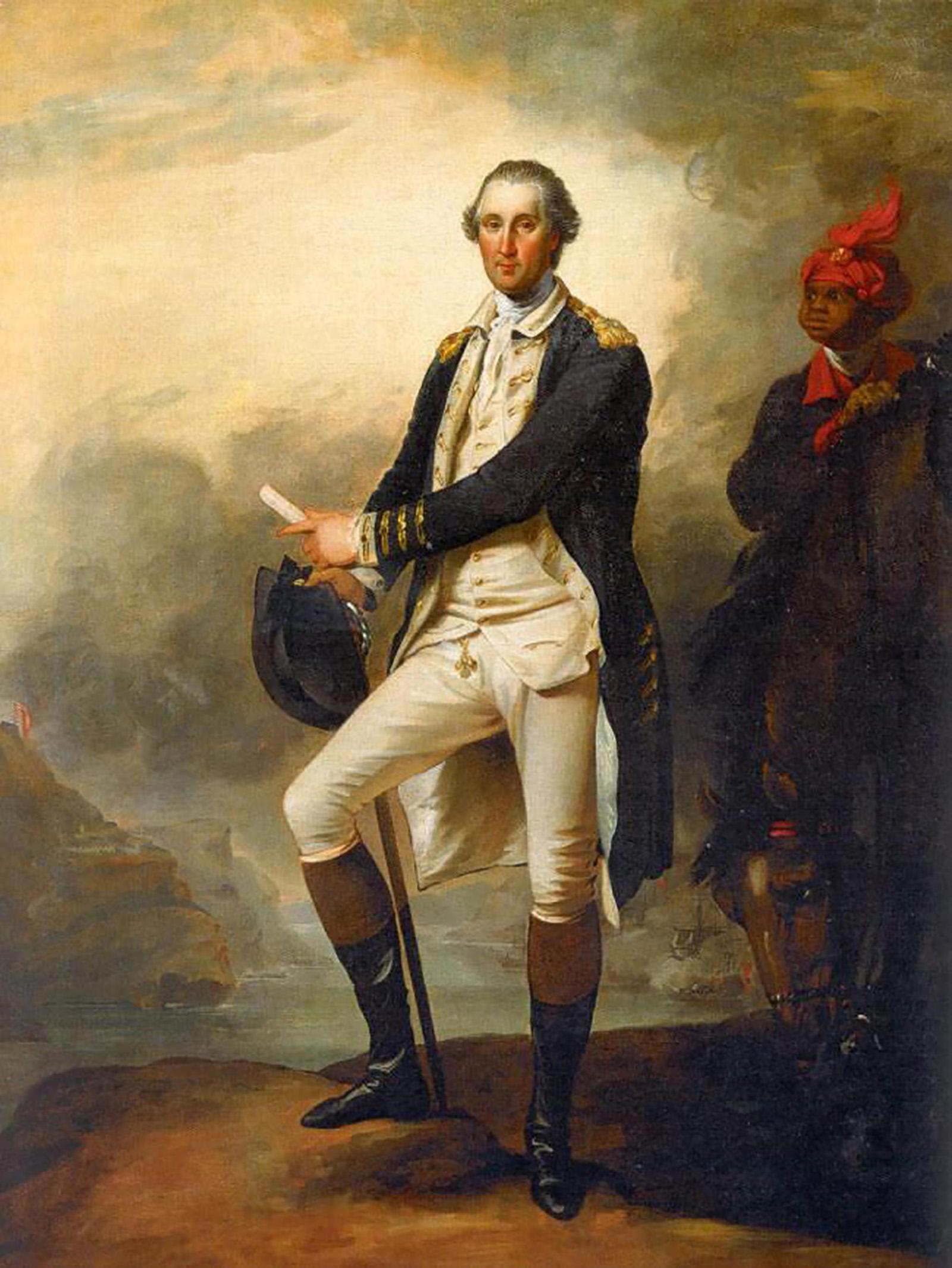
The American Revolution bestowed upon us stories of great leaders and brave heroes, but behind the scenes stood a figure imperative to the cause's success. Amidst the ranks of Thomas Paine, Patrick Henry, Thomas Jefferson, Benjamin Franklin, and George Washington, the contribution of one man, in particular, remains pivotal yet often undervalued—Robert Morris.
The Unseen Pillar of the Revolution
As a prominent Philadelphia merchant and a signor of the Declaration of Independence, Morris's impact on the revolution extends beyond political discourse. His financial support was crucial, raising money to enable the very sustenance of George Washington's army.
Financing the Siege of Yorktown
Morris's contribution was perhaps the most tangible when he facilitated the movement of Washington's troops to Yorktown, Virginia—a strategic maneuver that culminated in the victory over British General Charles Cornwallis.
Battling Economic Chaos
The challenge Morris faced was not just about raising funds, but doing so in a time of rampant inflation and financial disarray, with the Continental Congress struggling and creditors growing anxious.
Morris: The Formidable Financial Strategist

Historians, such as Ellis Paxson Oberholtzer, have praised Morris's "rugged force and inflexible determination," whereas others like E. James Ferguson have pointed out the profits he gained. Nevertheless, his ability to execute necessary financial maneuvers during critical times remained unchallenged.
From Personal Fortune to National Service
Morris was no ordinary merchant; his private wealth often merged with his profound sense of national service. His loans and financial investments were personal sacrifices borne from a deep desire to see the revolution succeed.
The Reluctant Congress
As John C. Miller suggests, the revolutionary patriots were hesitant to place their faith in one individual. However, Morris's aptitude for financial salvation became indispensable, using his private credit to foster the revolutionary cause.
Morris's Early Life and Rise to Prominence
Born in Liverpool and moving to America to ultimately become a successful merchant, Morris's career and financial acumen positioned him to play a pivotal role during the revolution.
Robert Morris: The Merchant Behind the Emblem of Liberty

At every turn, when funds were pivotal—for defense, for intelligence, for soldier's wages—Morris was there to provide. His assumption of personal debt and securing loans were a lifeline to the Continental Army.
The Suffocating Financial Strain of War
Amidst a backdrop of inflation and monetary devaluation, Morris's strategies involved secured, short-term loans and an opposition to paper currency, highlighting his foresight and financial pragmatism.
The Aftermath of Yorktown and the Struggle to Pay Debts
With the revolution victorious, the financial struggles continued. Morris's constant negotiation and re-negotiation of loans, coupled with his efforts to establish a tax system to repay debts, underscored his continued commitment.
Morris's Legacy and the Irony of Fortune
Morris's journey from affluence to deprivation speaks volumes of the volatility of times. His end may have been tragic, confined to a debtor's prison and falling out of fortune, but his contribution to American independence remains invaluable.
Morris and the Fabric of American Heritage
Exploring the life of Robert Morris takes one through the significant landmarks of the American Revolution. As historical sites echo stories of strategies and sacrifices, Morris's legacy is a testament to the resolute spirit that fueled the fight for independence.
Connecting History with Travel
As we reflect on the roles individual luminaries played in shaping our nation, journeys to the historical sites associated with the revolution provide a deeper understanding of America's founding narrative. Much like the places that welcome us to experience history, accommodations in these areas offer a comforting respite for modern-day travelers seeking to connect with the past.
Washington
- The Graham Hotel
- Grand Hyatt Washington
- Riggs Washington Dc
- Royal Sonesta Washington Dc
- Phoenix Park Hotel
- Viceroy Washington Dc
- Woodley House
- Four Seasons Washington Dc
- Washington Plaza Hotel
- Fairmont Washington Dc
- Hotel Zena
- Omni Shoreham Hotel
- Hyatt Regency Washington On Capitol Hill
- Waldorf Astoria Washington Dc
- Jw Marriott Washington Dc
- The Dupont Circle Hotel
- Hotel Washington
- The Royal Sonesta Washington Dc Capitol Hill
- Capital Hilton
- Holiday Inn Washington Capitol
- Hotel Madera
- Marriott Marquis Washington Dc
- Lyle Hotel Dc
- Citizenm Washington Dc
- Washington Hilton